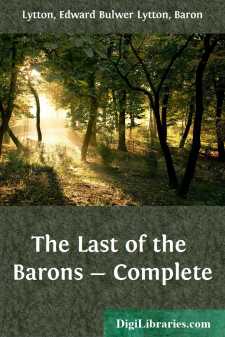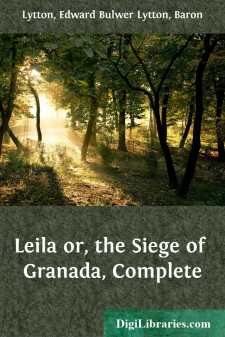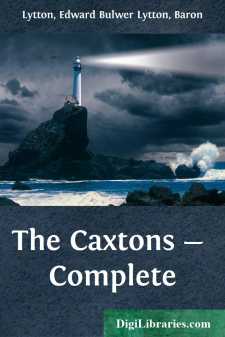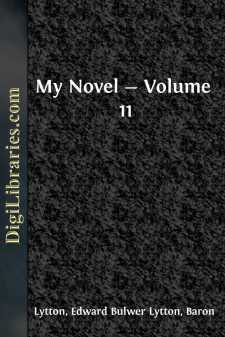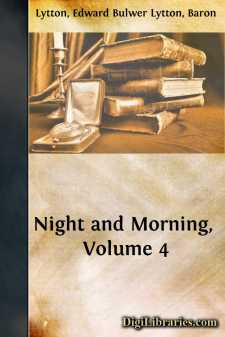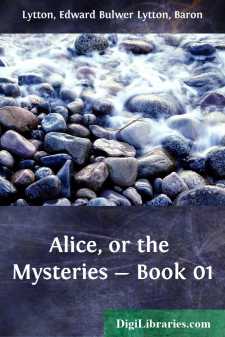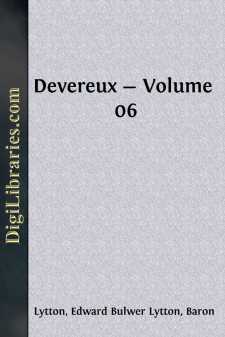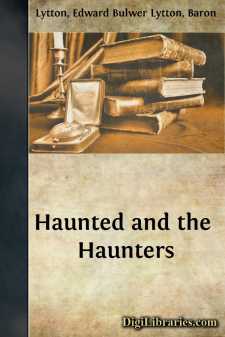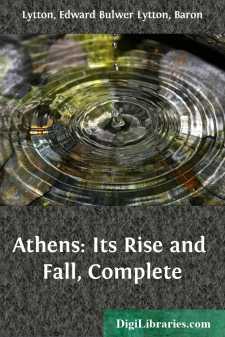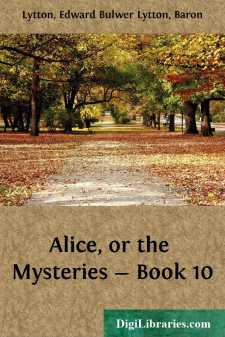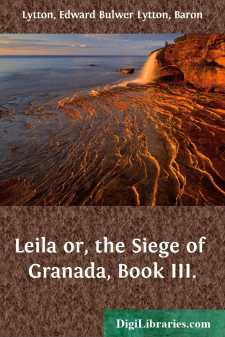Categories
- Antiques & Collectibles 13
- Architecture 36
- Art 48
- Bibles 22
- Biography & Autobiography 816
- Body, Mind & Spirit 145
- Business & Economics 28
- Children's Books 18
- Children's Fiction 14
- Computers 4
- Cooking 94
- Crafts & Hobbies 4
- Drama 346
- Education 58
- Family & Relationships 59
- Fiction 11831
- Foreign Language Study 3
- Games 19
- Gardening 17
- Health & Fitness 34
- History 1378
- House & Home 1
- Humor 147
- Juvenile Fiction 1873
- Juvenile Nonfiction 202
- Language Arts & Disciplines 89
- Law 16
- Literary Collections 686
- Literary Criticism 179
- Mathematics 13
- Medical 41
- Music 40
- Nature 179
- Non-Classifiable 1768
- Performing Arts 7
- Periodicals 1453
- Philosophy 66
- Photography 2
- Poetry 897
- Political Science 203
- Psychology 45
- Reference 154
- Religion 516
- Science 126
- Self-Help 86
- Social Science 82
- Sports & Recreation 34
- Study Aids 3
- Technology & Engineering 59
- Transportation 23
- Travel 463
- True Crime 29
Our website is made possible by displaying online advertisements to our visitors.
Please consider supporting us by disabling your ad blocker.
The Last of the Barons - Complete
Description:
Excerpt
DEDICATORY EPISTLE.
I dedicate to you, my indulgent Critic and long-tried Friend, the work which owes its origin to your suggestion. Long since, you urged me to attempt a fiction which might borrow its characters from our own Records, and serve to illustrate some of those truths which History is too often compelled to leave to the Tale-teller, the Dramatist, and the Poet. Unquestionably, Fiction, when aspiring to something higher than mere romance, does not pervert, but elucidate Facts. He who employs it worthily must, like a biographer, study the time and the characters he selects, with a minute and earnest diligence which the general historian, whose range extends over centuries, can scarcely be expected to bestow upon the things and the men of a single epoch. His descriptions should fill up with colour and detail the cold outlines of the rapid chronicler; and in spite of all that has been argued by pseudo-critics, the very fancy which urged and animated his theme should necessarily tend to increase the reader's practical and familiar acquaintance with the habits, the motives, and the modes of thought which constitute the true idiosyncrasy of an age. More than all, to Fiction is permitted that liberal use of Analogical Hypothesis which is denied to History, and which, if sobered by research, and enlightened by that knowledge of mankind (without which Fiction can neither harm nor profit, for it becomes unreadable), tends to clear up much that were otherwise obscure, and to solve the disputes and difficulties of contradictory evidence by the philosophy of the human heart.
My own impression of the greatness of the labour to which you invited me made me the more diffident of success, inasmuch as the field of English historical fiction had been so amply cultivated, not only by the most brilliant of our many glorious Novelists, but by later writers of high and merited reputation. But however the annals of our History have been exhausted by the industry of romance, the subject you finally pressed on my choice is unquestionably one which, whether in the delineation of character, the expression of passion, or the suggestion of historical truths, can hardly fail to direct the Novelist to paths wholly untrodden by his predecessors in the Land of Fiction.
Encouraged by you, I commenced my task; encouraged by you, I venture, on concluding it, to believe that, despite the partial adoption of that established compromise between the modern and the elder diction, which Sir Walter Scott so artistically improved from the more rugged phraseology employed by Strutt, and which later writers have perhaps somewhat overhackneyed, I may yet have avoided all material trespass upon ground which others have already redeemed from the waste. Whatever the produce of the soil I have selected, I claim, at least, to have cleared it with my own labour, and ploughed it with my own heifer.
The reign of Edward IV. is in itself suggestive of new considerations and unexhausted interest to those who accurately regard it....


